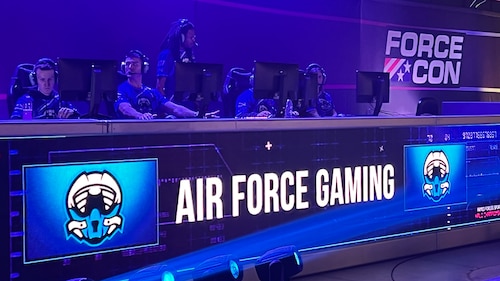As South Dakota’s budgetary pressures intensify, the state’s video lottery operators are eagerly eyeing potential legislative changes that could reshape the gaming landscape. Industry insiders, led by Troy Erickson of M.G. Oil in Rapid City, are advocating for an increase in both the bet limit and the number of machines per license—adjustments they argue could bolster state revenues and refresh a sector that has remained static for 35 years.
The South Dakota Licensed Beverage Dealers and Gaming Association, represented by Erickson, plans to introduce legislation that would see the video lottery bet limit elevated from $2 to $4 per play, and the cap on machines per license expanded from 10 to 15. With state profits and operator earnings hanging in the balance, the stakes of this decision are high.
Elections in November brought a host of new legislators to Pierre, adding a layer of unpredictability to the effort. Former legislator and current Lottery Commissioner Tona Rozum noted, “You’ll have that contingency, and it will depend on how large that contingency is this session.”
The context for these proposed changes is Governor Kristi Noem’s budget, which includes notable cuts due to the phasing out of federal pandemic relief funds and a decline in sales tax revenue. As South Dakota lawmakers prepare to reconvene for the annual legislative session starting January 14, decisions on these lottery adjustments will be made amidst broader fiscal constraints.
Video lottery is a significant component of South Dakota’s economy. Currently, 1,398 licensed establishments operate 11,092 machines, bringing in over $1 billion annually and contributing about $165 million to the state’s revenue. This shared financial interest underscores the motivation behind the legislative push spearheaded by industry proponents like Erickson.

Kristi Noem
Despite the potential economic benefits, there are concerns regarding the social impact of such changes. Critics argue that increasing the prevalence of video lottery could exacerbate issues related to gambling addiction and the spread of casinos, which have been prevalent concerns in prior legislative sessions.
Governor Noem, South Dakota’s first female governor who rose to national prominence for her handling of the COVID-19 pandemic, is navigating these fiscal challenges while balancing other priorities. Her proposed budget reflects her conservative principles and sets the stage for significant discussions in the state’s legislature.
For South Dakotans, the decision to recalibrate the video lottery parameters could bring more than just fiscal relief; it may reshape the cultural fabric of the state’s gaming industry. With a stronger gaming presence, the state may see shifts in its socioeconomic dynamics, potentially influencing tourism and local businesses.
The outcome of this legislative effort remains uncertain, but what is clear is the concerted push from stakeholders who view this as an opportunity to adapt to changing economic realities. Whether these proposed changes will gain traction in Pierre’s upcoming session is a question only time will answer.
